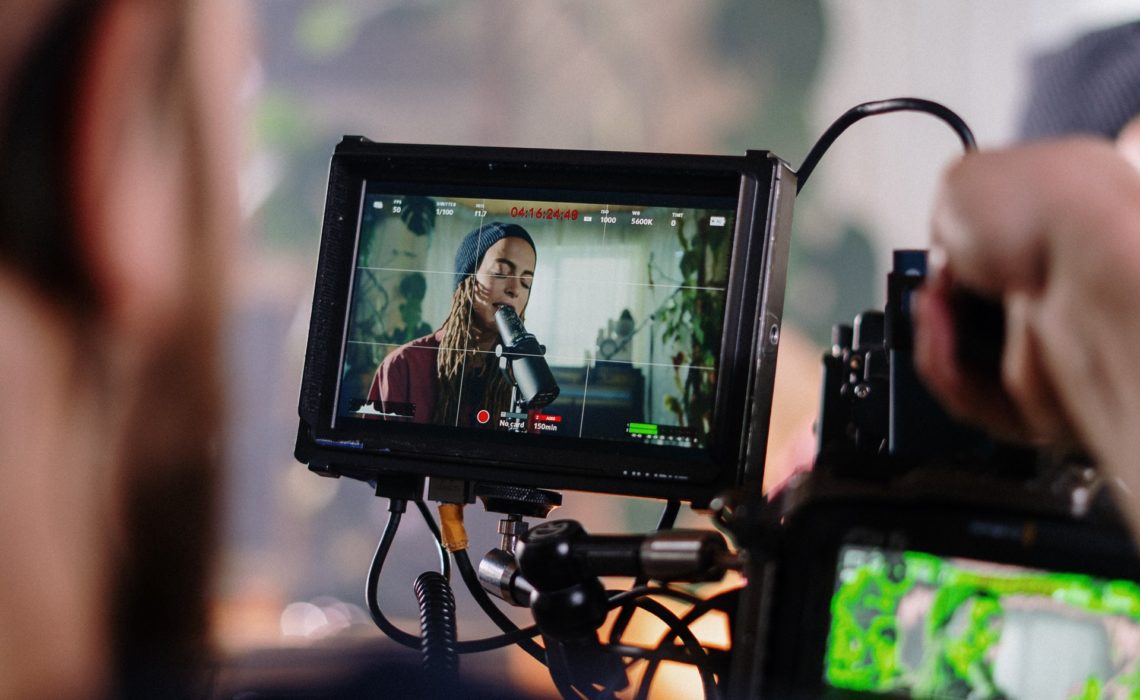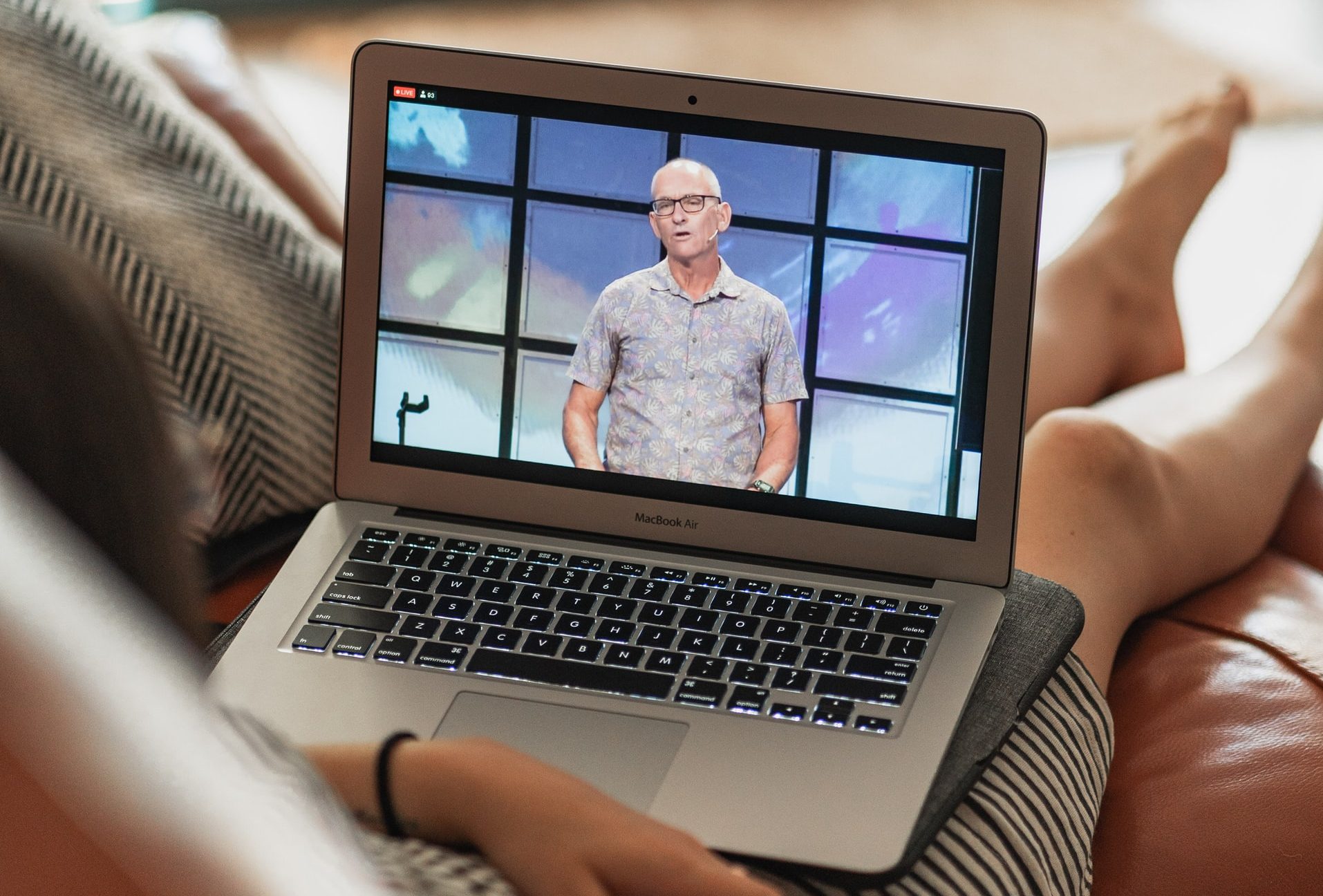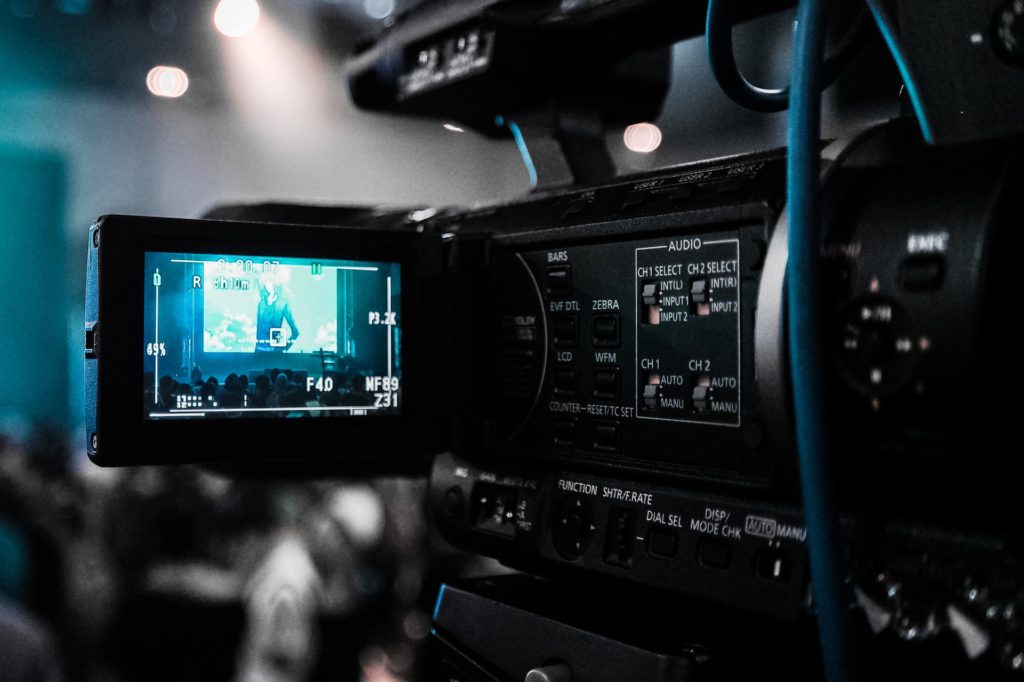
No matter how perfectly you plan your event, those plans could change. Your venue could fall through, a speaker could get sick, or bad weather could ruin travel plans. It doesn’t happen often, but it does still happen. We’re not saying this to scare you! On the contrary, we’re going to help you decide whether you should cancel or live stream your event when these issues come up.
Adaptability is one of the most important skills an event planner can have. And adaptability starts with knowing your options. If your in-person event is on the brink of cancellation, a live stream can save you the hassle of frustrated attendees and refunding tickets. Live streaming is an up-and-coming way to connect with your audience quite literally from the comfort of their own home. All they need is an internet- or data-connected computer, phone, or TV. (And to know where to find your event, of course!)
But choosing to live stream your event isn’t a catch-all for any cancelled event. It takes time and resources—just like an in-person event does. So before you join the world of live streaming, consider these scenarios; it might be best to cancel or postpone your event.
Do live stream if…

…you can engage your audience
When you host an in-person event, you want the audience to have fun. That doesn’t change if you live stream your event! What may change, however, is the way your audience has fun. For example, musicians often use call and response at a concert. Similarly, a speaker may ask for a show of hands during a presentation. Of course, if you live stream your event, those methods won’t be effective.
But there are still plenty of ways to engage your virtual audience. For speaking engagements, send a copy of the presentation to your audience. This gives them a chance to review it ahead of time and follow along. Link to it on your website or provide a PDF that attendees won’t have trouble viewing. (PowerPoint presentations might not display correctly!)
On the other hand, if you’re planning an entertainment event—choose the right platform. From YouTube to Twitch, most live streaming platforms have chat capabilities, so your audience can talk to each other and react to your event in real time. But be sure to pick a platform that your audience is familiar with! (Hint: Pick the one they’re already following you on.)
…you want a recorded version

No matter what live streaming platform you use, you can keep a recorded version of your event—forever. And this benefits public and private events. For free or public events, you can share the video to attract a wider audience for your next live stream event. It gives your audience the chance to try before they buy (or, in this case, attend).
And if your event was a private, paid affair, you can still re-use the content. Hide the video behind an online form, and capture new leads for future marketing campaigns. If you have enough content, you can charge a monthly fee and offer access to the archives—like an online learning platform.
…your headliner can’t travel
Like we mentioned earlier, even the best plans can change. Maybe your headliner is stuck at home because of bad weather. Or maybe there’s a family concern and they don’t feel comfortable leaving. The reason isn’t important—knowing that you can live stream your event is!
Bonus Tip: Give your audience enough time to change their plans, and your headliner enough time to practice live streaming. We recommend a minimum of two weeks.
Of course, you should make sure that your headliner is willing and able to host the event virtually. This can be a welcome relief—they don’t want to cancel the event, just like you don’t. So instead of bringing your headliner to the event, you bring the event to them!
Don’t live stream if…

…you don’t have the right equipment
Not every live stream requires expensive cameras and a crew of producers—but some do. And if you don’t have the right live stream equipment, your event will suffer. Before you decide whether to live stream your event, choose which platform you would use, and the quality of the video you want. Those two decisions will determine which equipment you need, and if you’ll need outside help.
For example, you could host a Q&A with a panel of authors on any social media platform. The only equipment you would need is an account on that platform (with, of course, established followers!) and a device with a high-quality camera. Most new cellphones and tablets will do the trick for an informal event. But if you want crisp imaging and clear sound for your concert—you’ll need to upgrade. Mediasite and Livestream offer professional solutions, including equipment and a crew, for such an event. But if you can’t afford the right equipment, or don’t have any yourself, live streaming isn’t for you.
…your audience can’t watch it

We’ve said it a dozen times, and we’ll say it a dozen times more: Know your audience. Will your audience want to watch you live stream your event? Or would they rather wait for an in-person event? How will you support their technical issues if they can’t access the content? Whether you’re looking to raise money, entertain the crowd, or teach a new skill, your audience is the most important part of your event. Lose them, and you’ll lose credibility.
If you’re not sure what they would want, consider how you interact with them now. For example, do you communicate via email and direct mail? It might be hard to convince them to change platforms. On the other hand, if always engage them on Twitter or Facebook, they may be more comfortable watching you live stream your event. Just make sure you can attract the right audience before you decide to live stream your event!
…you can reschedule
While live streaming is definitely a handy option, it’s not always the right one. Some events will benefit from a rescheduling—especially VIP events or events where you want a lot of audience engagement. If the hold up for your event is temporary, like bad weather, then rescheduling might be the best option. But more permanent situations, like a national virus outbreak, won’t have a specific end point. So a live stream works out in your favor—there’s no travel or weather to worry about!
Conclusion
Live streaming your event can save on cost, reach your audience at home, and be used for future marketing. But that doesn’t mean it’s always the right choice! Your audience might prefer to wait for the “real thing” or you might not be able to engage them properly online. Consider all these scenarios before making your final decision.
Are you leaning towards live streaming your event? Why or why not?

